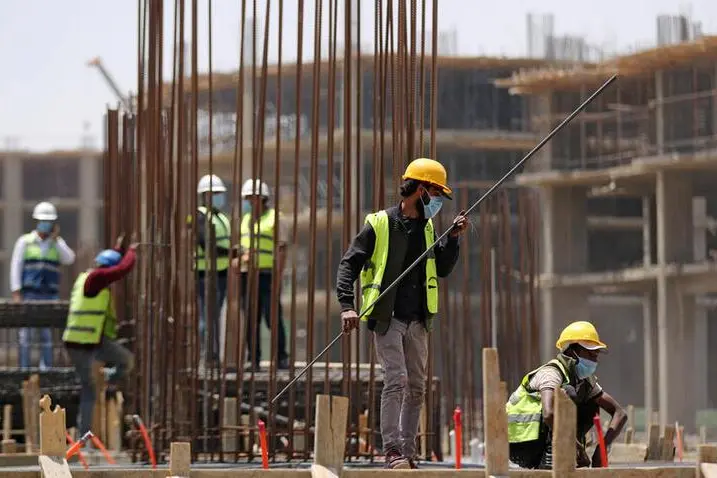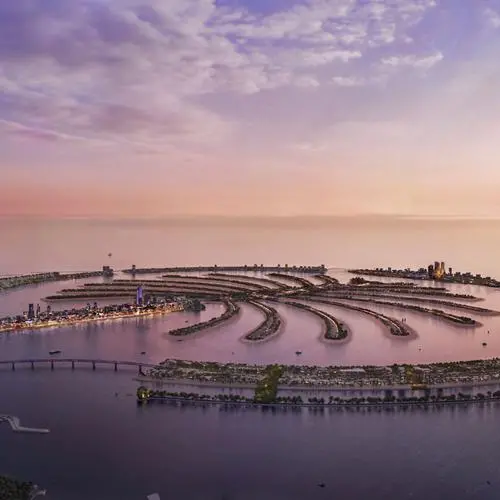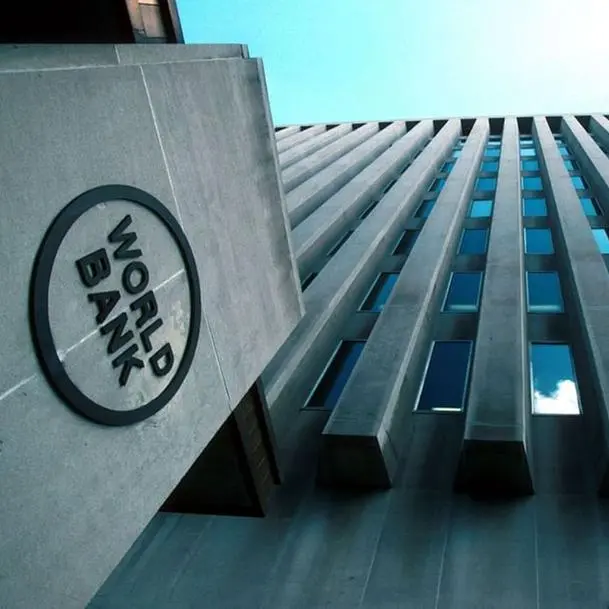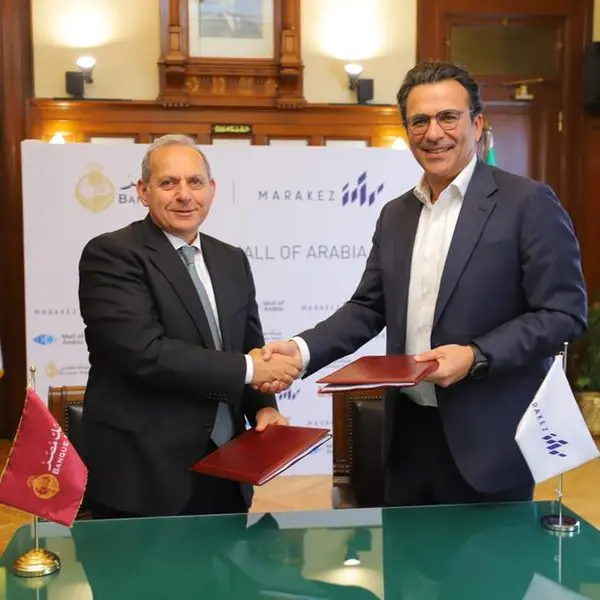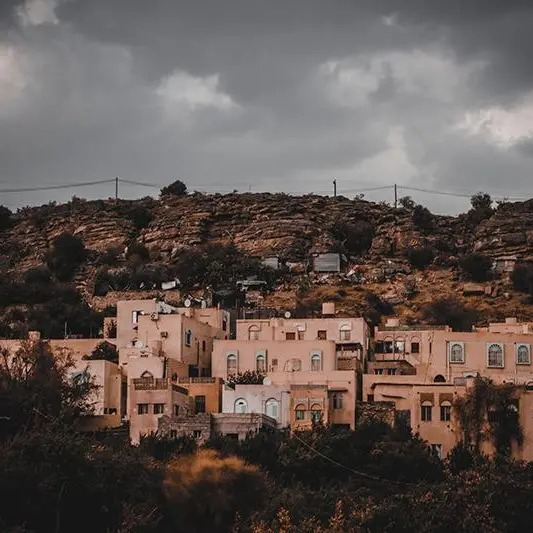PHOTO
Egypt expects state spending to steadily grow in the next four years as part of a fiscal plan intended to spur growth with the help of project spending by the private sector, the Arab country’s Finance Minister has told Parliament.
Ahmed Kouchouk said the 2025-2026 budget, which takes effect on 1 July, is part of a 2025-2028 fiscal plan that includes a steady rise in revenues and lower deficits.
In his comments, published by Al-Ahram and other local publications on Wednesday, Kouchouk said Egypt targets an increase of 23 percent in revenues in the next two fiscal years, 17 percent in the 2027-2028 budget and 18 percent during 2028-2029.
Expenditure is projected to rise by 19 percent in 2025-2026, around eight percent during 2026-2027, and 15 percent in each of the following two fiscal years, he said.
Tax earnings are forecast at around 2.6 trillion Egyptian pounds ($51 billion) during 2025-2026 and are projected to steadily grow to peak at nearly EGP4.7 trillion ($92 billion) during fiscal year 2028-2029, the Minister said.
Kouchouk said fiscal targets include cutting the budget deficit to 7.3 percent of GDP in 2025-2026 and to 5.5 percent of GDP in the 2026-2027 fiscal year, adding that another target is to “encourage private investment and cut public capital spending.”
In comments last week, Minister of Planning, Economic Development and International Cooperation Rania Al-Mashat said private investments soared by around 35.4 percent during the second quarter of fiscal; 2024-2025 while public investments plunged by nearly 25.7 percent in the same period.
She said this was a result of a government policy to curtail public investments to encourage private capital and curb inflation, noting that the new policy includes a public investment ceiling of one trillion pounds ($20 billion).
(1 US Dollar = 51.10 Egyptian Pounds)
(Writing by Nadim Kawach; Editing by Anoop Menon)
Subscribe to our Projects' PULSE newsletter that brings you trustworthy news, updates and insights on project activities, developments, and partnerships across sectors in the Middle East and Africa.
